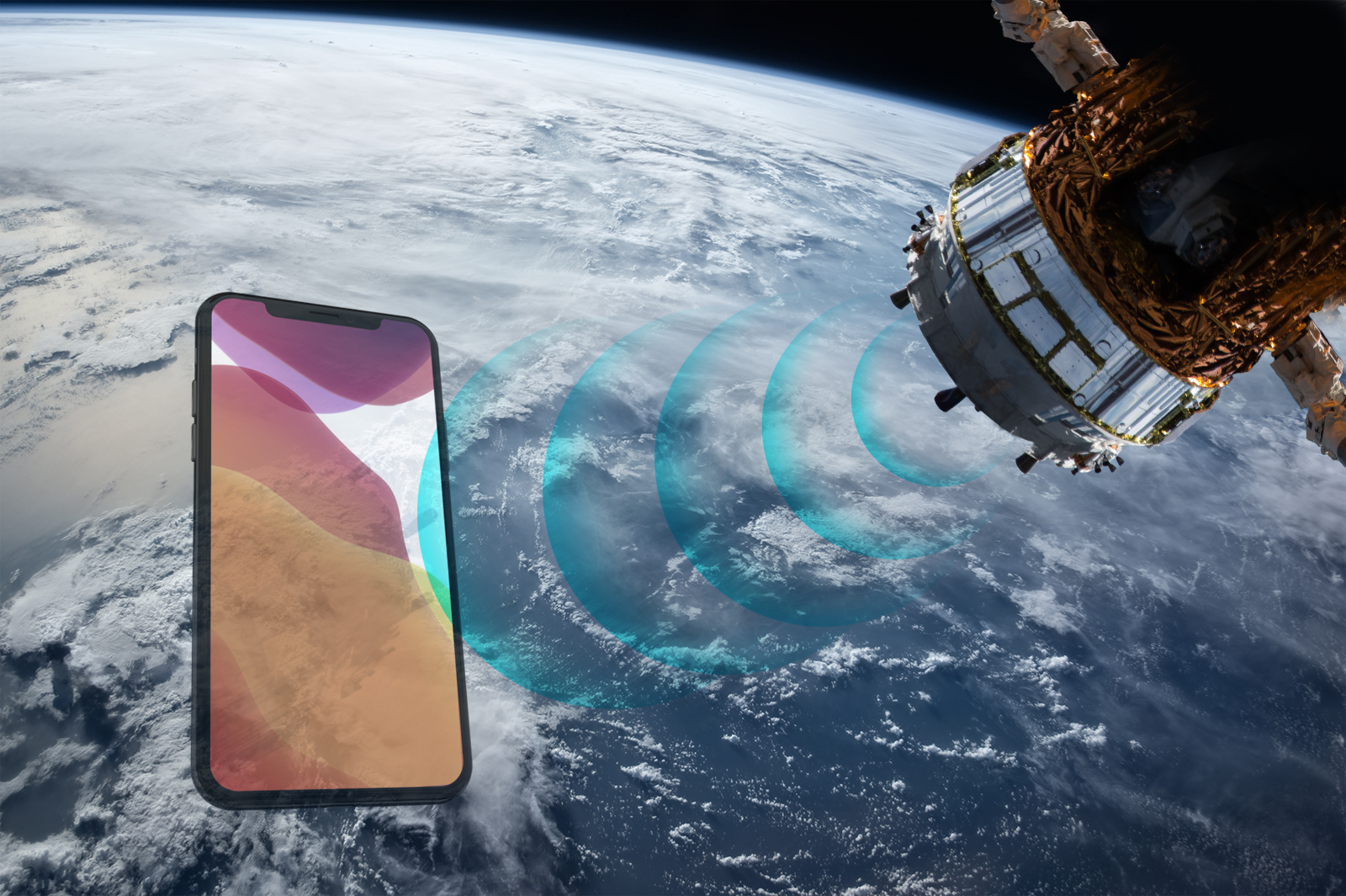This article has been indexed from MacRumors: Mac News and Rumors – Front Page
Over the weekend, Apple analyst Ming-Chi Kuo sent out a research note suggesting that the iPhone 13 was “likely” to support low earth orbit satellite communication, a feature that would allow iPhone users to make calls and send messages when cellular and WiFi connections are unavailable.

In this note, Kuo said that Apple would use a “customized” Qualcomm X60 baseband chip that supports satellite communications. He also claimed that Apple would work with Qualcomm partner Globalstar on the basis that Qualcomm is implementing support for Globalstar’s n53 band in a future modem.
Almost immediately, mobile analysts and those with other expertise in mobile devices and communications began disputing Kuo’s report as inaccurate.
Globalstar is indeed a satellite company that is working with Qualcomm, but the n53 band that Kuo mentions is terrestrial spectrum. In February, Globalstar announced that Qualcomm’s next-generation X65 modem would offer global 5G n53 support in an effort to expand Globalstar’s “terrestrial spectrum commercialization.”
The n53 band is a variant of Globalstar’s terrestrial Band 53, which is already in use for 4G and 5G private networks. Nokia, for example, is using Band 53 for a private wireless network at the Port of Seattle. Globalstar is using the mid-band spectrum for partner companies that would otherwise not have access to licensed spectrum.
Globalstar does not market or offer Band 53 or n53 spectrum for satellite communications – it is solely for terrestrial coverage. Satellite to terrestrial communication is not a function of the spectrum that Kuo mentioned, an
[…]
Content was cut in order to protect the source.Please visit the source for the rest of the article.
Read the original article: iPhone 13 Satellite Support Rumor Disputed, Likely for Additional 5G Spectrum